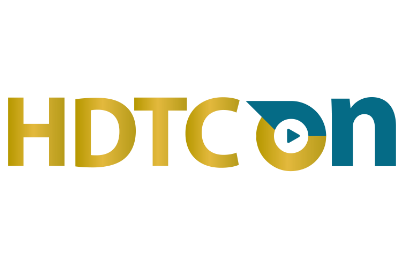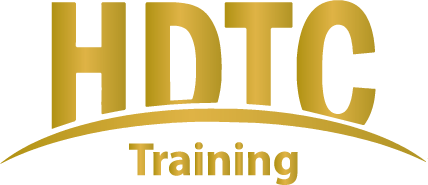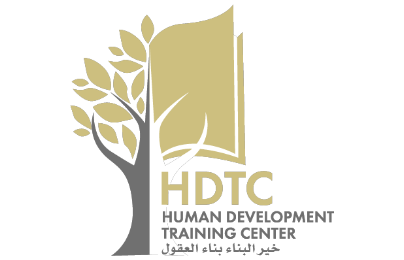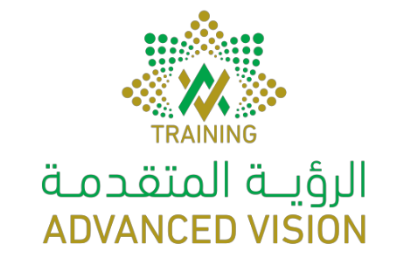This PMI-RMP® training course will:
- Prepare delegates to sit for the PMI-RMP® Exam
- Increase the likelihood of passing from the first attempt
- Teach delegates about project risk management in detail so they can apply it in their work.
- Provide an opportunity to understand the risks inherent in projects and how to plan for them.
Domain 1: Risk Strategy and Planning
- Perform a preliminary document analysis
- Assess the project environment for threats and opportunities
- Confirm risk thresholds based on risk appetites
- Establish a risk management strategy
- Document the risk management plan
- Plan and lead risk management activities with stakeholders
Domain2: Risk Identification
- Conduct risk identification exercises
- Examine assumption and constraint analyses
- Document risk triggers and thresholds based on context/environment
- Develop a risk register
Domain3: Risk Analysis
- Perform qualitative analysis
- Perform quantitative analysis
- Identify threats and opportunities
Domain4: Risk Response
- Plan risk response
- Implement risk response
Domain 5: Monitor and Close Risks
- Gather and analyze performance data
- Monitor residual & secondary risks
- Provide the information required to update relevant project documents
- Monitor project risk levels
- Specialized Skill Set: PMI-RMP certification equips professionals with specialized skills in risk identification, analysis, response planning, and monitoring and control. These skills are highly sought-after in today’s competitive job market.
- Global Recognition: Organizations worldwide recognize and value PMI-RMP certification, providing certified professionals with global career opportunities and mobility.
- Increased Employability: Employers prioritize candidates with PMI-RMP certification due to their demonstrated expertise in risk management. Certified professionals have a competitive edge in job interviews and career advancement opportunities.
- Higher Earning Potential: PMI-RMP certification often translates into higher earning potential. Certified professionals command higher salaries than their non-certified counterparts, reflecting their specialized skills and expertise.
- Professional Growth: Pursuing PMI-RMP certification demonstrates a commitment to continuous learning and professional growth. Certified professionals stay updated with the latest trends, tools, and techniques in risk management, keeping them ahead of the curve.
- Networking Opportunities: PMI-RMP certification opens doors to a vast network of fellow professionals, mentors, and industry experts through PMI’s global community. Networking opportunities facilitate knowledge sharing, collaboration, and career growth.
The PMI-RMP is particularly suited to:
- Project Managers
- Risk Managers
- Functional Managers
- C-Suite Executives
The eligibility requirements for taking the exam are:
- Secondary degree (high school diploma, associate’s degree, or the global equivalent)
- 36 months of project risk management experience within the last five years
- 40 hours of project risk management education
— or—
- Four-year degree (bachelor’s degree or the global equivalent)
- 24 months of project risk management experience within the last five years
- 30 hours of project risk management education
After this training program, attendees will each be awarded PMI-endorsed certificates worth 30 Professional Development Units (PDUs).
After obtaining a PMI-RMP certification, individuals can pursue roles such as Risk Manager, Risk Analyst, Project Manager, or Risk Consultant. They can explore opportunities in various industries, including construction, finance, healthcare, and information technology.
- 115 multiple-choice questions and multiple-answer select questions.
- Examination Time:2.5 hours
- If you do not pass your first exam attempt (and did not take the Pilot Exam during the Pilot Period), we encourage you to continue studying and retake the exam. You may take the examination up to three times within your one-year eligibility period. After three attempts, you must wait one year from the last examination date before you reapply for the certification. This policy is designed to uphold exam security and reduce the overexposure of examination questions to individual candidates.
